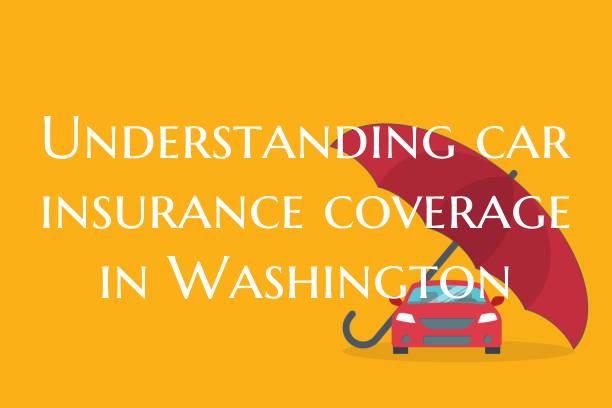Understanding Car Insurance Coverage in Washington
Car insurance is essential for vehicle owners in Washington to protect themselves and others in case of accidents or unforeseen events. Understanding car insurance coverage is crucial to ensure you have the right level of protection. In Washington, like in most states, there are mandatory insurance requirements to drive legally on the roads.
Minimum Liability Coverage: Washington state law mandates that all drivers carry a minimum liability insurance policy. This policy must include at least $25,000 in coverage for injury or death of one person, $50,000 for injury or death of two or more people, and $10,000 for property damage in an accident. This coverage helps pay for the medical expenses and property damage of others in the event that you are at fault in an accident.
Uninsured/Underinsured Motorist Coverage: While not required by law, uninsured/underinsured motorist coverage is highly recommended in Washington. This coverage protects you in case you are involved in an accident with a driver who does not have insurance or has insufficient coverage to pay for your damages.
Personal Injury Protection (PIP): Washington is a no-fault state, meaning that regardless of who is at fault in an accident, your own insurance may cover your medical expenses. Personal Injury Protection (PIP) coverage helps pay for medical bills, lost wages, and other expenses resulting from a car accident, regardless of fault.
Comprehensive and Collision Coverage: Comprehensive and collision coverage are not required by law but can provide additional protection for your vehicle. Comprehensive coverage protects against damage caused by something other than a collision, such as theft, vandalism, or natural disasters. Collision coverage helps pay for repairs or replacement of your vehicle if you are in an accident with another car or object.
Additional Coverage Options: Aside from the basic coverages, there are additional coverage options you may consider to enhance your protection. These include rental car reimbursement, roadside assistance, and gap insurance, among others. It is important to review your insurance policy carefully and discuss your coverage needs with your insurance provider to ensure you have adequate protection.
In conclusion, understanding car insurance coverage in Washington is vital for all drivers. By knowing the mandatory requirements and additional coverages available, you can make informed decisions to safeguard yourself and your vehicle on the roads. Be sure to regularly review your policy and make adjustments as needed to ensure you are adequately protected in all driving scenarios.

